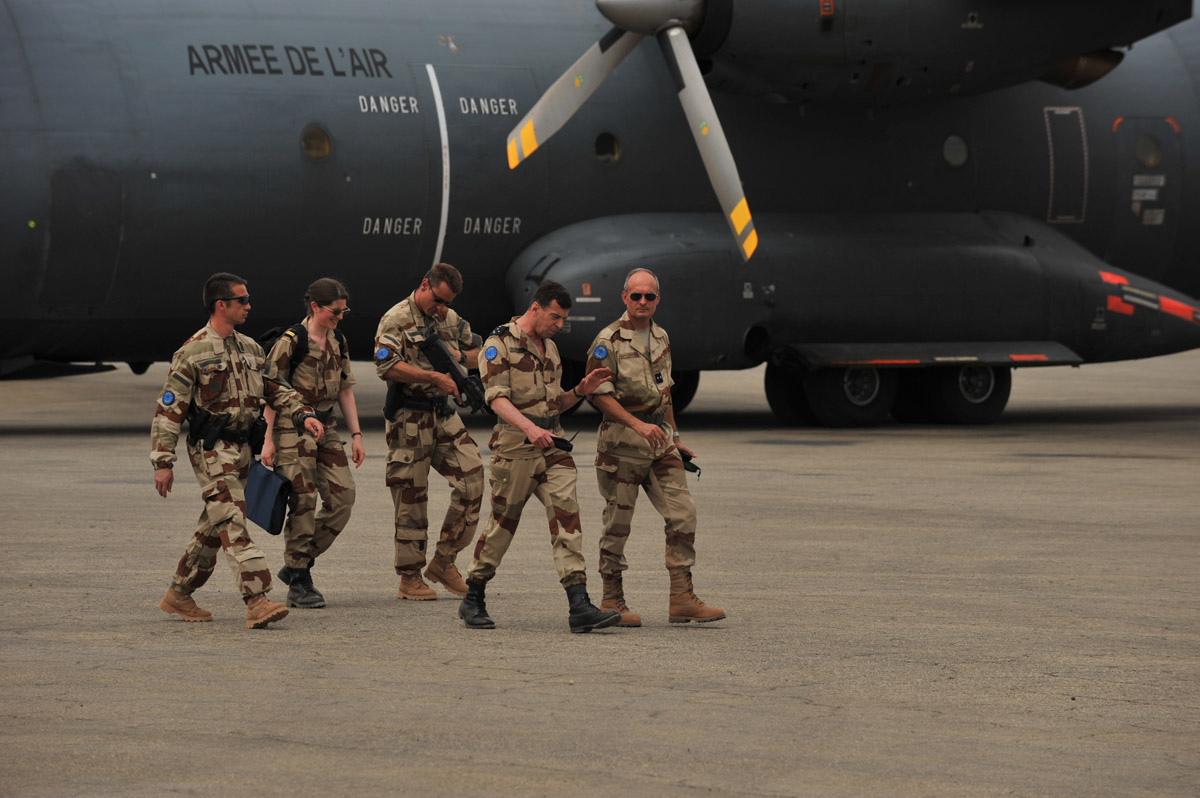The techniques of the smugglers, the other lesson of “Mare nostrum”?
(BRUSSELS2) The Italians, especially since the operation Mare Nostrum, have acquired some experience in the detection of suspicious vessels, the different methods used and the importance of intelligence or the cross-referencing of information. We could almost draw a guide to the "good" policeman at sea. Here is some information "gleaned" from the senior officers of the Italian Navy during my stay in Rome...
1st lesson: watching the sea
How to distinguish in this anthill of boats circulating in the Mediterranean, the one who fishes innocently or transits to bring his cargo and the few traffickers and organizers of all kinds. It's simple... you have to observe and... observe. " We must constantly be able to ensure the surveillance of the sea, with maritime patrol aircraft, radars, etc. testifies this superior officer. " It is a difficult job to have a complete view of all the ships circulating, in particular to have the composition or the nature of their ship. There are exchanges of information, which are done through this center, coming from commercial traffic data, but also from the various navy sensors (coast guards, planes, maritime navy units) or also from sources of information ».
2nd lesson: spot the "abnormalities", distinguish the real fishing boat from the fake
Then you have to identify what is abnormal. The system thus allows to detect in all the vessels the one which presents an anomaly, which does not follow the planned route, changes its data or its route, or switches off its SIS system. And then we investigate this ship. In fishing boats, too, you can tell the real ones from the fake ones. " A fishing boat when fishing, has nets, and is fixed. We see clear differences between normal use and other use. If we use the holds for dead fish or human lives, there are differences in the thermal signature, and we can thus identify an anomaly. »
3rd lesson: cooperate, a little, when possible with the Libyans...
It is one of the countries with which Italy " exchanges the most information about ships. But the reality is that the organization in Libya for the surveillance of the coasts or the knowledge of the boats which leave or circulate, is not the best. Cooperation with the Libyan navy exists. When they can, they send officers aboard our ships. But it's the (only) and most important result that we could obtain explains an officer.
4th lesson: Knowing the fundamentals of setters
Migrants come from Libya, from the ports closest to Sicily — Tripoli, Zuwara and Garabulli (castelverde) — or further afield — Benghazi and Aldabiya — but also from Egypt, essentially from Alexandria”. The technique " differs depending on the distance. When it is not big, there is only one ship, a small boat loaded with migrants. When it is further away, from Egypt, in general, the migrants are loaded into a barge towed by a mother ship until they are quite close to the coast”. Off Crete, or closer, “ the mother ship drops her remark and turns around”. A total of 388 ships were rescued, an average of just under 200 people per ship. But sometimes it's more. Some boats are fully loaded.
5th lesson: understanding the economics of illegal migration: 1st, 2nd or 3rd class?
Migrants" pay between 1000 and 1500 euros” for the crossing. " It's commercial, like an ordinary boat. The more you pay, the more likely you are to arrive safe and sound, and sail in better condition. ". Some ships do not come from Egypt or Libya, or at least not directly” We could also see some fast boats coming from Greece, from Corfu, with 3 big engines, very fast. There were a few migrants on board, in comparison »
Terrorism: a little
« We found some terrorists. But it's not every day. Not all migrants are terrorists. “says this officer.
(Nicolas Gros-Verheyde - at Navy HQ, Rome)
Read also:

